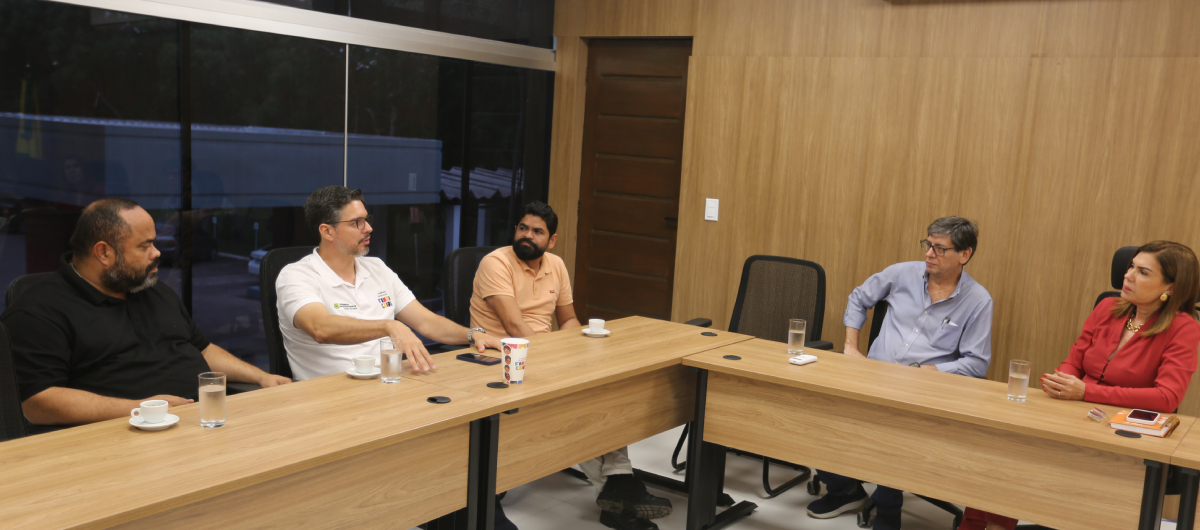How Nutrition Accelerates Tissue Repair
페이지 정보

본문
Proper nutrition plays a crucial role in how quickly and effectively your body’s ability to repair injured areas. Whether you’ve experienced a laceration, a ligament injury, a surgical wound, or a crack, your body requires the essential nutrients to regenerate tissue. Without proper dietary support, healing can be delayed, and complications such as chronic inflammation may arise.
Dietary protein is one of the fundamental nutrients for tissue repair. It provides the essential building blocks needed to rebuild collagen in epidermis, myofibers, and other fibrous structures. Excellent sources include chicken, turkey, fish, eggs, milk, yogurt, cheese, black beans, chickpeas, lentils, and almonds, walnuts, cashews. If your diet fails to meet protein demands, your body may exhibit delayed wound closure and fail to epidermalize properly.
L-ascorbic acid is another key player. It stimulates your body’s ability to produce connective tissue, which is the dominant component in skin and connective tissues. Rich sources include oranges, lemons, limes, red berries, bell peppers, broccoli, and spinach. A insufficiency in this vitamin can lead to weak scars and prolonged healing time.
Zinc micronutrient supports proliferation and defense mechanisms, both of which are essential during healing. It is richly supplied by oysters, crab, beef, pork, seeds, nuts, and brown rice, quinoa, oats. Zinc also modulates inflammation, which is a normal part of the healing process but must be kept in balance.
Retinol contributes to skin regeneration and helps moderate the inflammatory response. It is present in orange root vegetables, carrots, kale, and fortified milk, butter. This vitamin is paramount in the first days of healing when the body is removing debris and stimulating fibroblast activity.
EPA and DHA, found in salmon, mackerel, sardines, ground flax, flax oil, and walnuts, help moderate hyperinflammation. While a controlled level is necessary, too much inflammation can impede regeneration. Omega-3s encourage homeostasis.
Adequate fluid intake is often neglected but is equally critical. Water enables circulation of nutrients to cells and eliminates toxins from the healing site (https://wonnews.kr/bbs/board.php?bo_table=free&wr_id=4792601). Fluid deficit can slow down metabolic processes and reduce cellular regeneration.

Finally, getting enough calories is crucial. Your body needs energy to fuel the healing process. If you’re not meeting your energy needs, your body may break down muscle tissue for energy instead of using it to rebuild structural components.
To conclude, healing is not just about sleep and patience. It is also deeply tied to what you eat. Eating a nutrient-dense meal plan rich in amino acids, micronutrients, minerals, and essential fatty acids supports accelerated healing and enhanced resilience and lowers chances of infection. Always consult with a medical professional or clinical nutrition expert if you have specific healing needs, especially after major operation or serious injury.
- 이전글14 Questions You're Insecure To Ask About Counterfeit Money Online 25.10.07
- 다음글Low Blood Sugar - Self-care 25.10.07
댓글목록
등록된 댓글이 없습니다.
